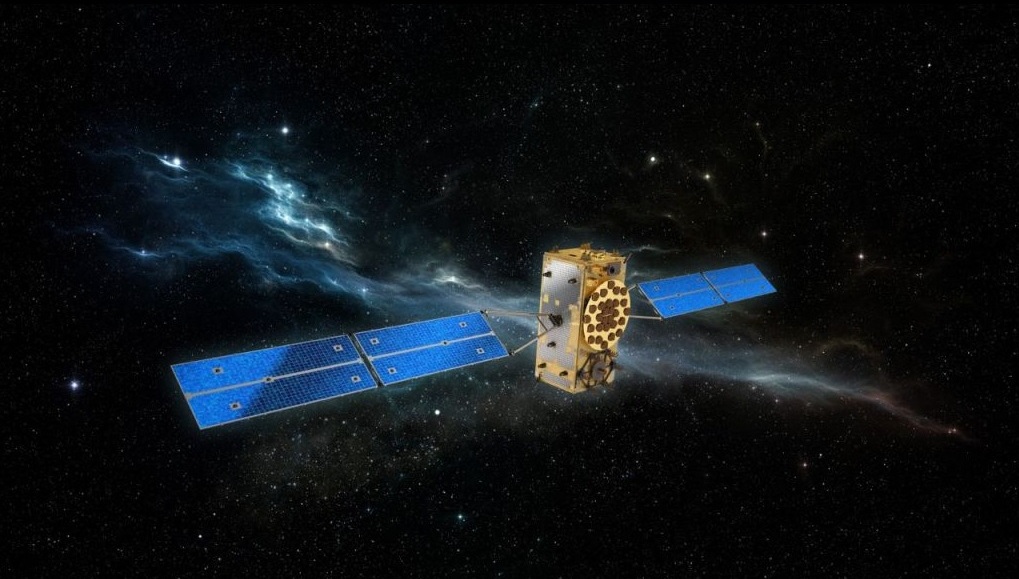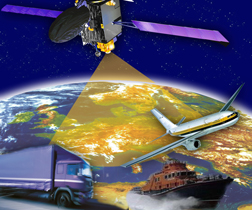Our source inside the European GNSS Agency (GSA), which is the EU agency responsible for Galileo services, has told us: “They are working on it. Teams from industry and the Agencies are working 24/7 to restore the Galileo services as soon as possible to their nominal levels. The current estimation is that the services should be restored within 48 hours. In any case, we expect the service to be again nominal before the end of the weekend [13-14 July 2019],” the source said.
At the time of this writing, downtime appears to be about 44 hours. Resumption of nominal service by the end of weekend 13-14 July would mean a total downtime of about 94 hours from the time of the original notice.
We’ll let the notice speak for itself—the message below currently appears on the GSA’s European GNSS Service Centre website (our emphasis).
Users will be hoping for the rapidest possible resumption of services along with a detailed explanation of what caused the crash. And it will be in the European Commission’s best interest to provide those answers ASAP.
NOTICE ADVISORY TO GALILEO USERS (NAGU) 2019025
DATE GENERATED (UTC): 2019-07-11 14:45
NAGU TYPE: GENERAL
NAGU NUMBER: 2019025
NAGU SUBJECT: SERVICE DEGRADATION
NAGU REFERENCED TO: N/A
START DATE EVENT (UTC): 2019-07-11 01:00
END DATE EVENT (UTC): N/A
SATELLITE AFFECTED: ALL
EVENT DESCRIPTION:
UNTIL FURTHER NOTICE, USERS MAY EXPERIENCE SERVICE DEGRADATION ON ALL GALILEO SATELLITES. THIS MEANS THAT THE SIGNALS MAY NOT BE AVAILABLE NOR MEET THE MINIMUM PERFORMANCE LEVELS DEFINED IN THE SERVICE DEFINITION DOCUMENTS AND SHOULD BE EMPLOYED AT USERS’ OWN RISK.
THE NOMINAL SERVICE WILL BE RESUMED AS SOON AS POSSIBLE.





